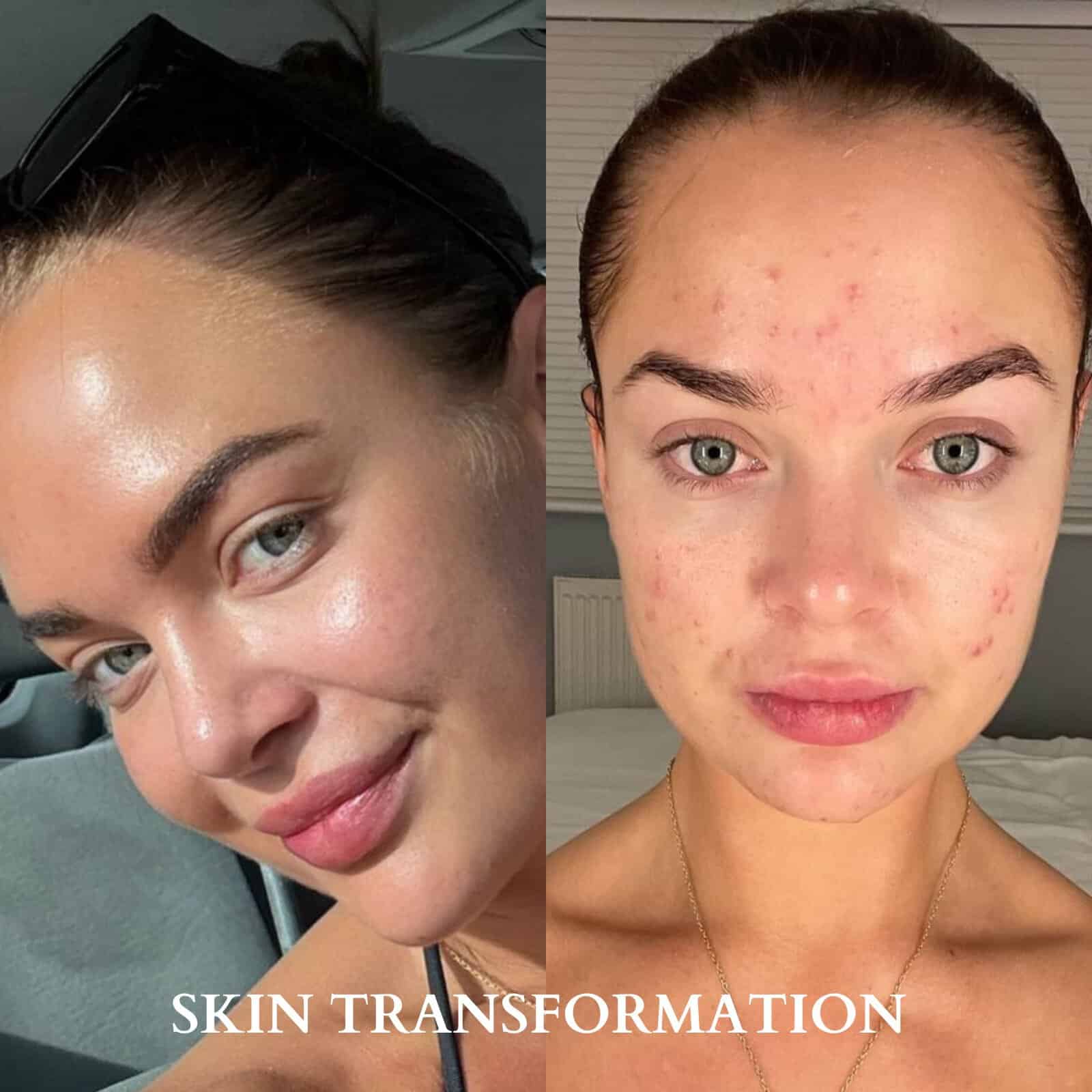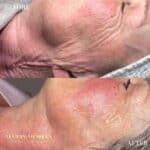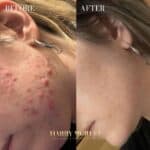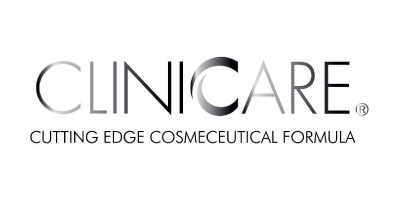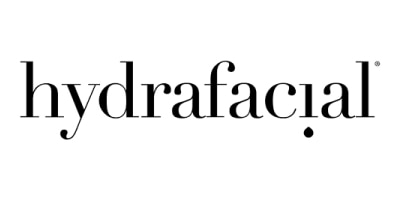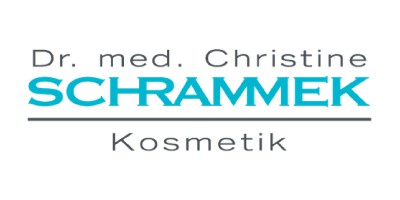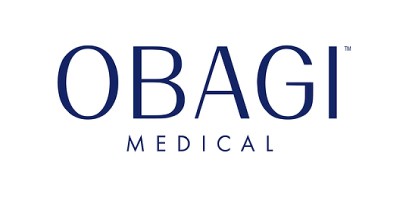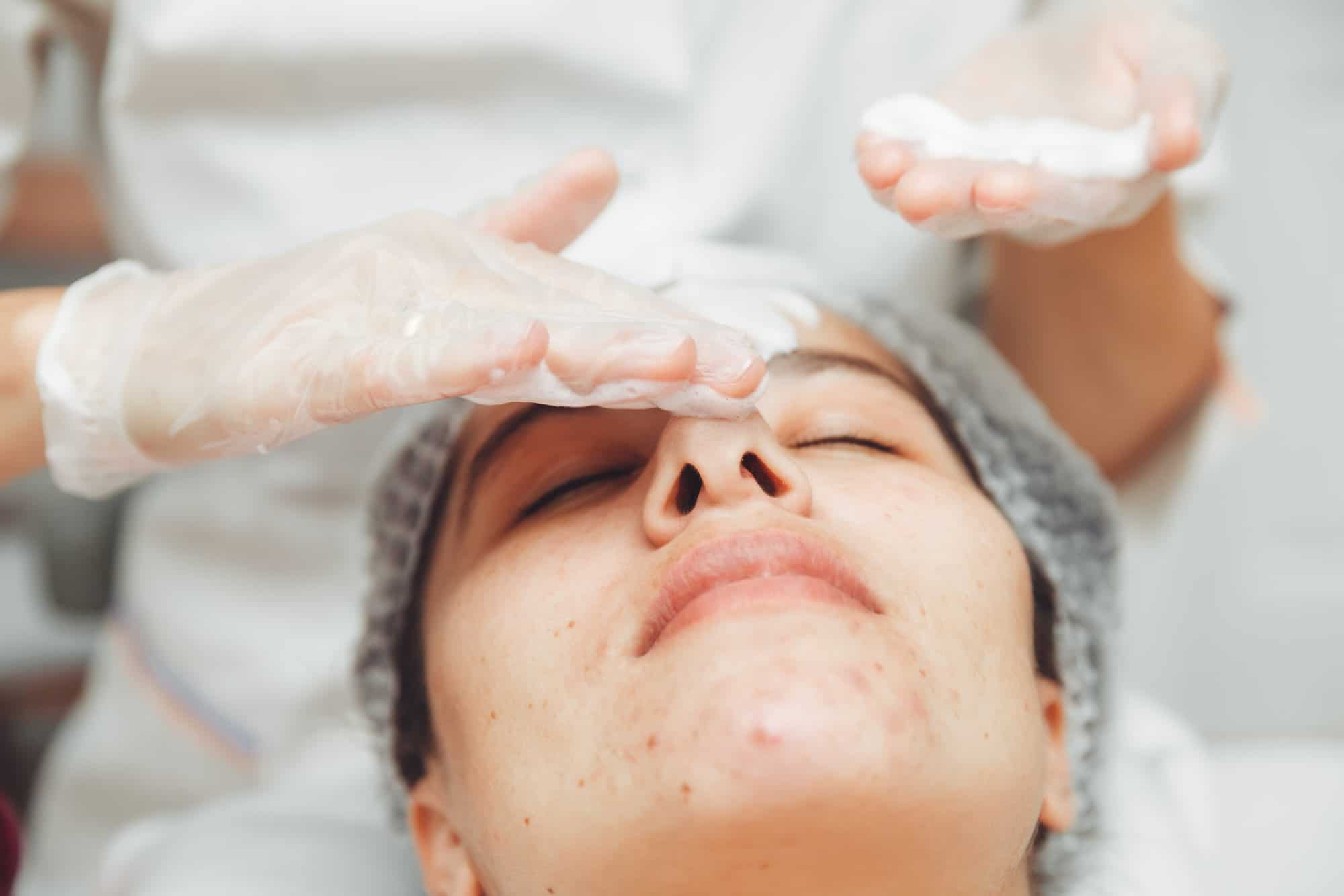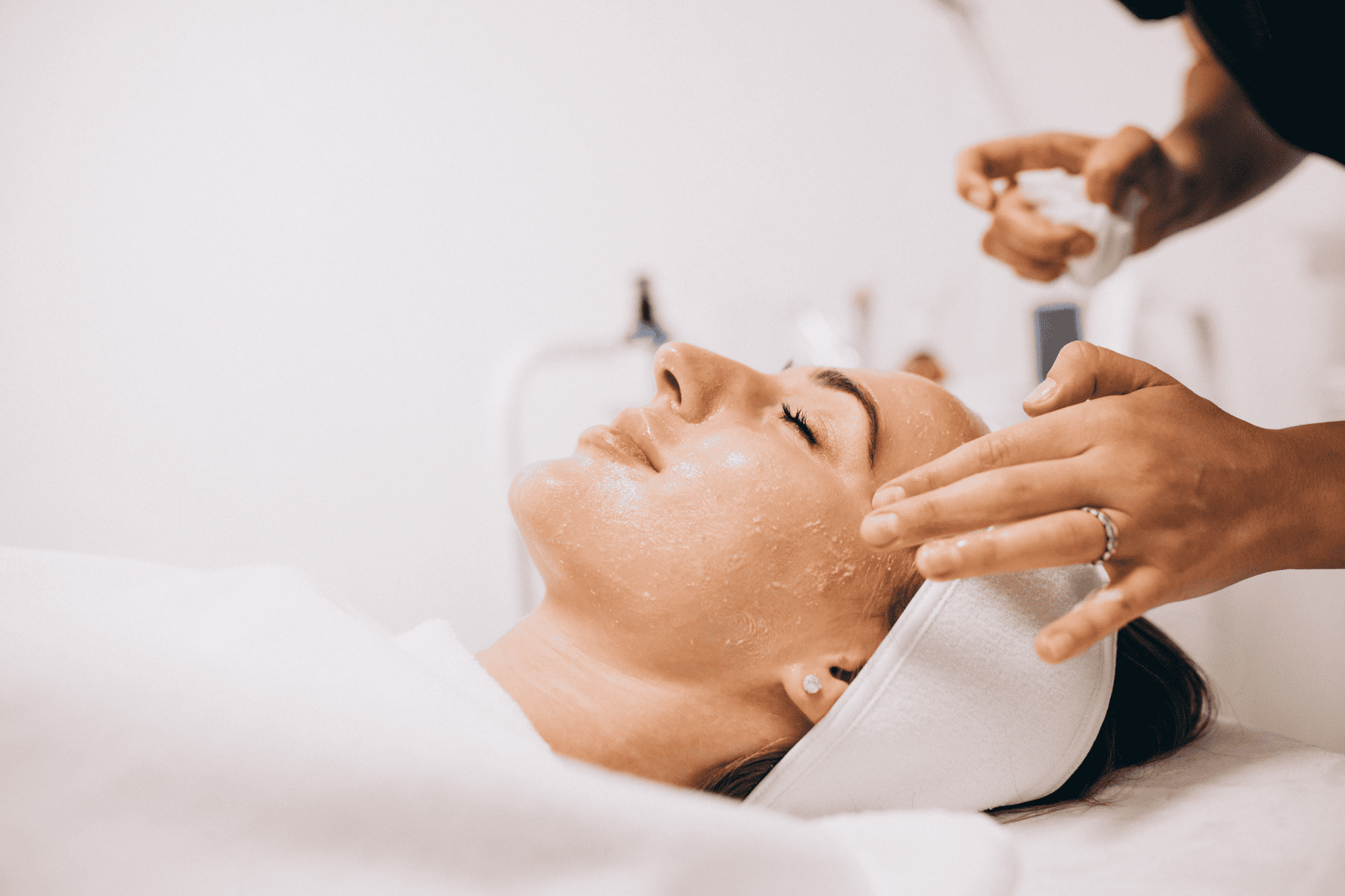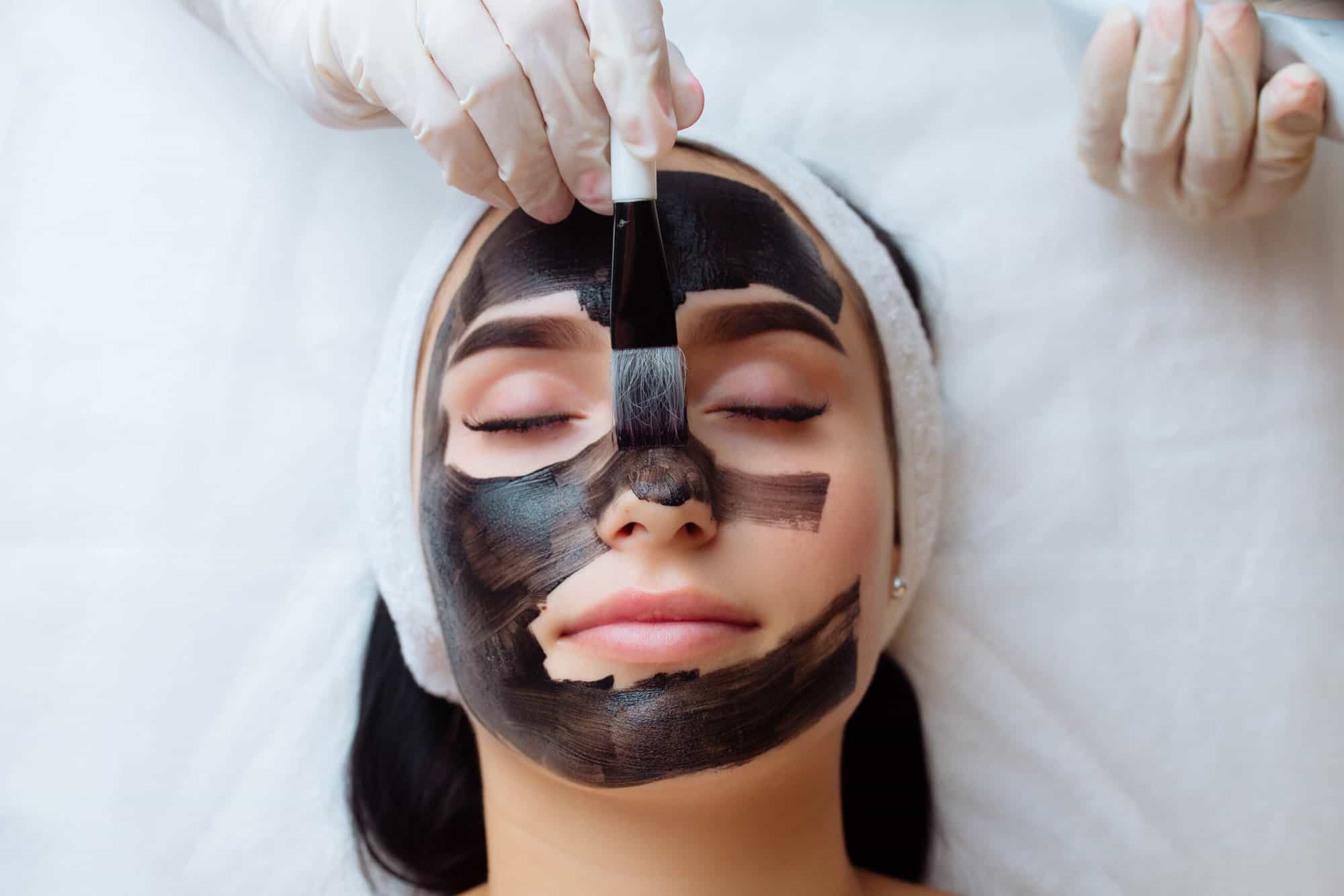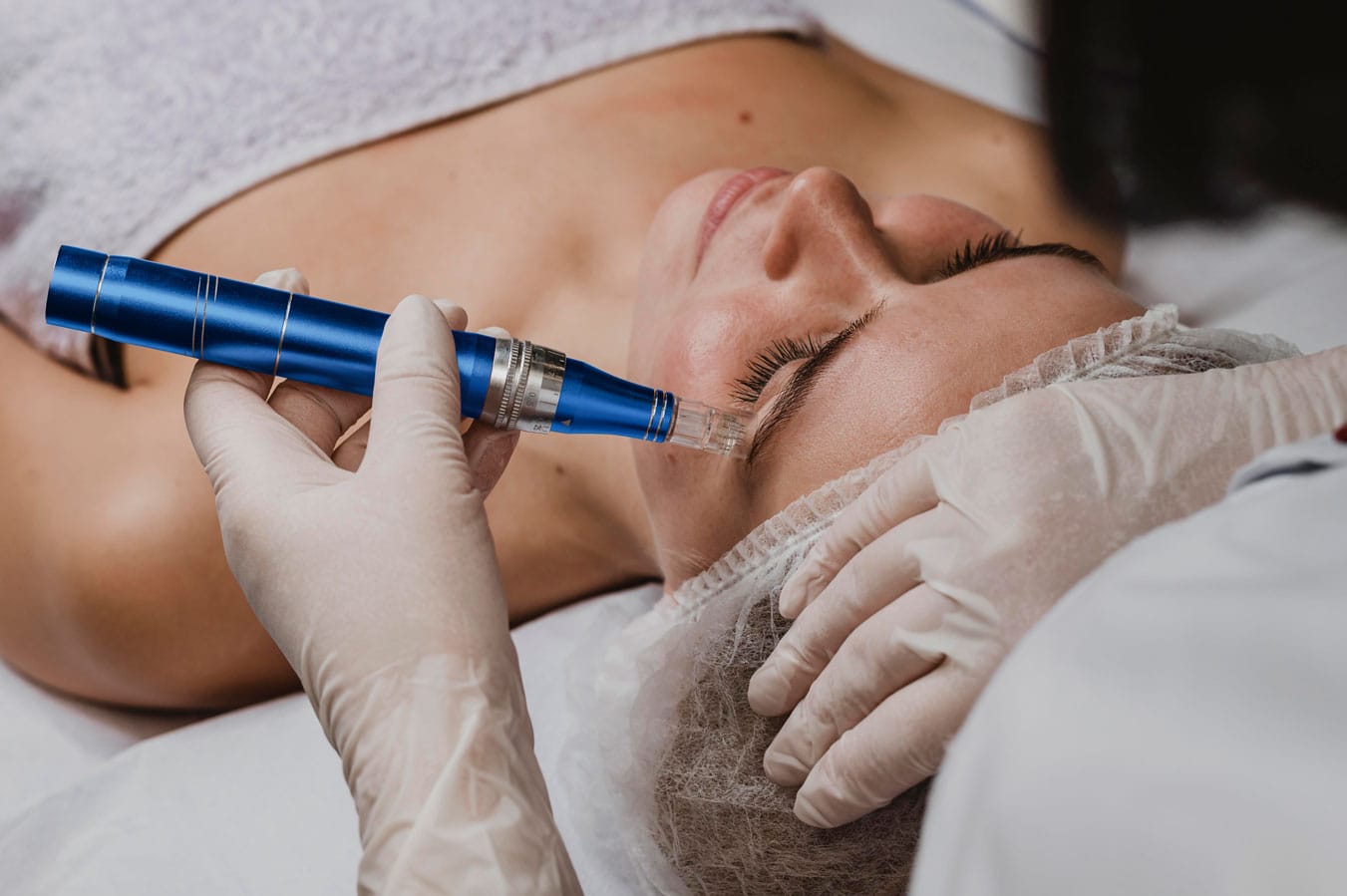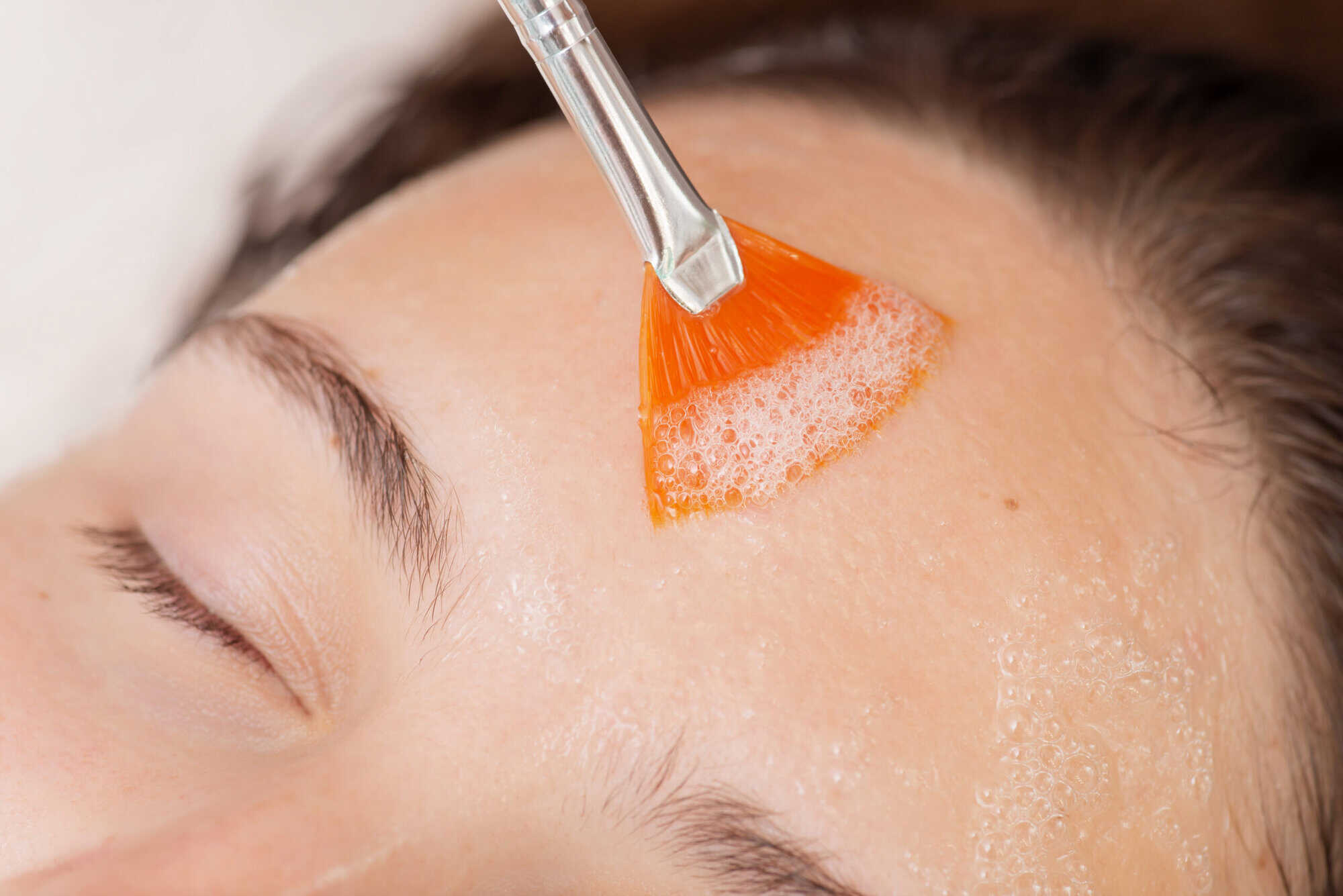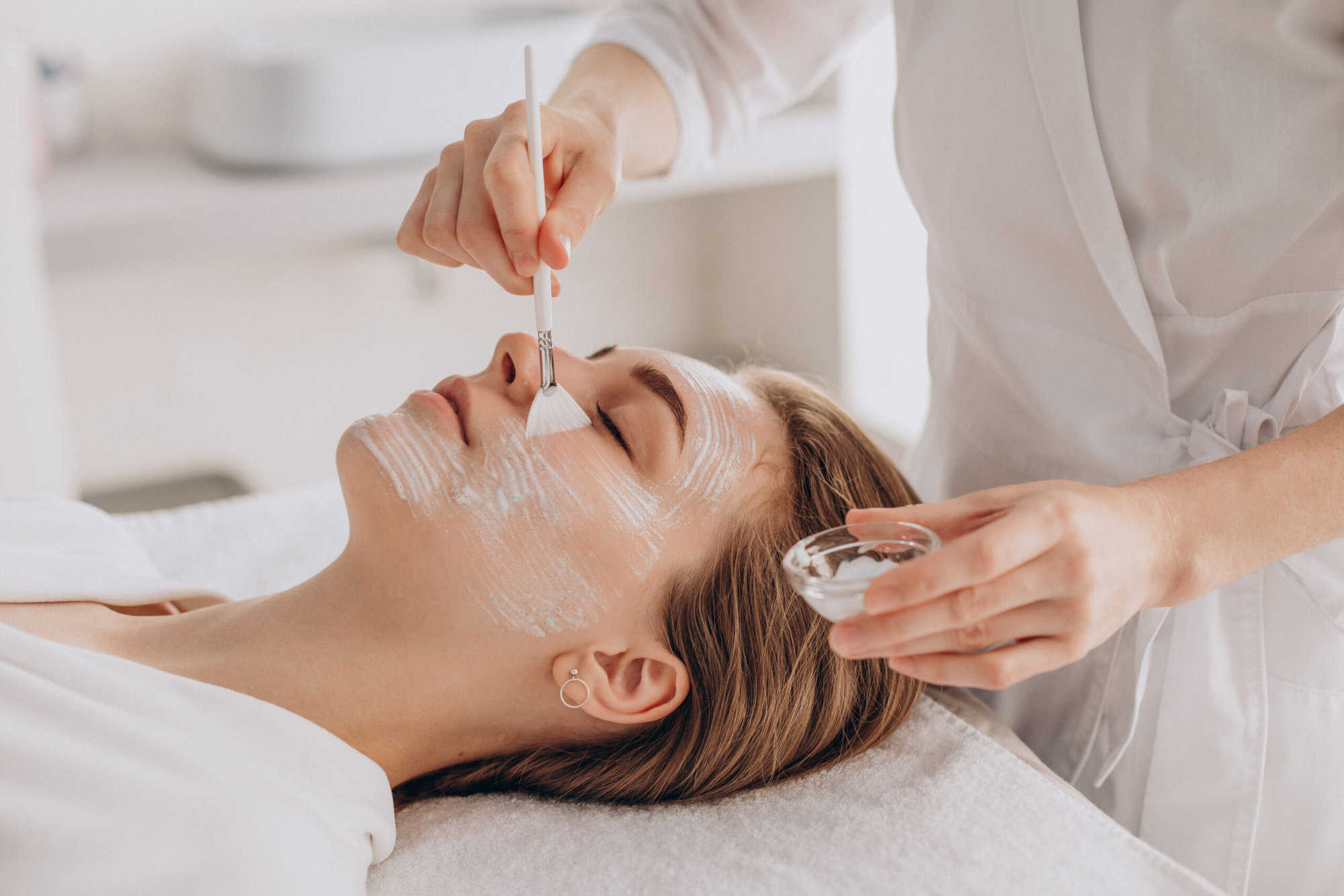Skin scarring is a common concern arising from injuries, surgeries, acne, or other skin conditions. Understanding effective methods to prevent and treat scars is crucial for maintaining skin health and enhancing confidence.
In this extensive guide, we delve into essential tips and strategies to manage skin scarring, promoting smoother, healthier-looking skin.
Understanding Skin Scarring
Skin scars develop as part of the body’s natural healing response to injuries or inflammation in the deeper layers of the skin, known as the dermis. When the dermis is damaged, collagen fibres are produced to repair the wound, resulting in scar tissue. Several factors influence scar formation, including the depth and size of the wound, genetics, age, and skin type.
Preventing Scarring
Proper wound care plays a pivotal role in minimising scar formation:
- Early Wound Care: Gentle cleansing of wounds with mild soap and water removes dirt and bacteria, crucial for preventing infection and reducing scar formation. Avoid picking at scabs, as this can disrupt the healing process and increase the likelihood of scars.
- Moisture Management: Keep wounds moist using petroleum jelly or antibiotic ointments to accelerate healing and reduce scar formation. Well-moisturised wounds heal more effectively and are less likely to develop prominent scars.
- Sun Protection: Shield healing wounds from direct sunlight to prevent hyperpigmentation and minimise scar visibility. Use sunscreen with SPF 30 or higher on healed wounds exposed to sunlight to protect delicate skin during the healing phase.
- Avoid Irritants: Steer clear of harsh chemicals, fragrances, and abrasive clothing that can irritate healing skin and exacerbate inflammation, potentially leading to more noticeable scars.
- Nutritious Diet: Incorporate a diet rich in vitamins C and E, zinc, and protein to support skin healing and collagen production. Foods like citrus fruits, nuts, seeds, and lean proteins aid in wound repair and may reduce the likelihood of extensive scarring.
Treating Existing Scars
Effective treatments can help minimise the appearance of existing scars:
- Topical Treatments: Over-the-counter or prescription creams containing silicone, corticosteroids, or vitamin E can hydrate the skin and improve elasticity, thereby reducing the visibility of scars over time.https://harry-morley.co.uk/skincare/zo-skin-health/
- Scar Massage: Gently massaging scars with moisturising lotions or oils improves blood circulation, breaks down scar tissue, and promotes a smoother skin texture. Consistent massage can gradually diminish the appearance of scars.
- Laser Therapy: Various laser treatments target different types of scars, such as acne scars or surgical scars, by stimulating collagen production and reducing scar tissue visibility. Laser therapy is effective for improving overall skin texture and tone.
- Microneedling: This minimally invasive procedure involves creating tiny punctures in the skin to stimulate collagen production and remodel scar tissue. Microneedling can soften scars and improve skin texture with minimal downtime.https://harry-morley.co.uk/skin-clinic-near-me/skinpen/
- Injectable Treatments: Dermal fillers or steroid injections are suitable for treating raised scars like keloids or hypertrophic scars. These injections flatten scars by reducing collagen production and promoting a smoother skin appearance.
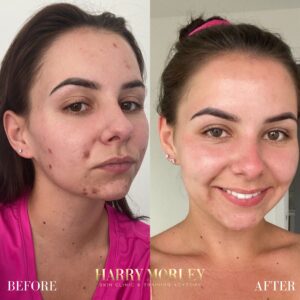
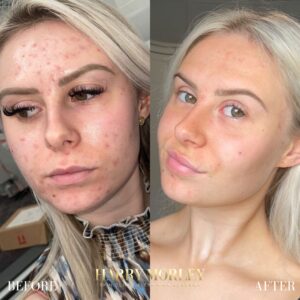
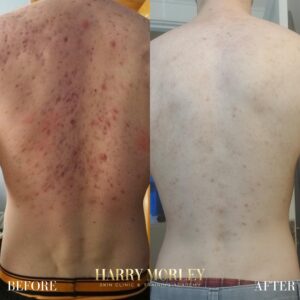
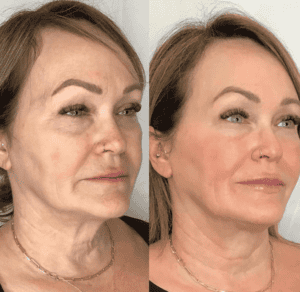
General Skincare Tips
Maintaining a consistent skincare routine supports overall skin health and resilience:
- Daily Skincare Regimen: Tailor your skincare routine to your skin type, cleansing, moisturising, and protecting your skin daily. A well-maintained skin barrier enhances healing and reduces the risk of complications that could worsen scar appearance.
- Avoid Smoking: Smoking impairs blood circulation and slows wound healing, increasing the risk of complications and exacerbating scar formation. Quitting smoking promotes faster healing and improves overall skin health.
- Hydration: Ensure adequate hydration by drinking plenty of water to support skin elasticity and health. Well-hydrated skin is less prone to scarring and maintains a more youthful appearance.
Consultation with a Dermatologist
For personalised guidance and treatment options tailored to your skin type and scar concerns, consult a qualified dermatologist or skincare specialist. They can assess your skin condition, recommend appropriate treatments, and monitor progress to achieve optimal results. https://harry-morley.co.uk/contact/
Embrace Healthy Skin
By incorporating these strategies into your skincare routine, you can nurture your skin’s healing process and minimise the appearance of scars. Remember, consistency and patience are key to achieving smoother, healthier-looking skin.
At Harry Morley Skin Clinic, we’re committed to enhancing your skin’s natural beauty and boosting your confidence. Explore our advanced skincare treatments designed to address various skin concerns, including scar reduction. Contact us today to schedule a consultation and embark on your journey to healthier, more radiant skin.https://harry-morley.co.uk/

